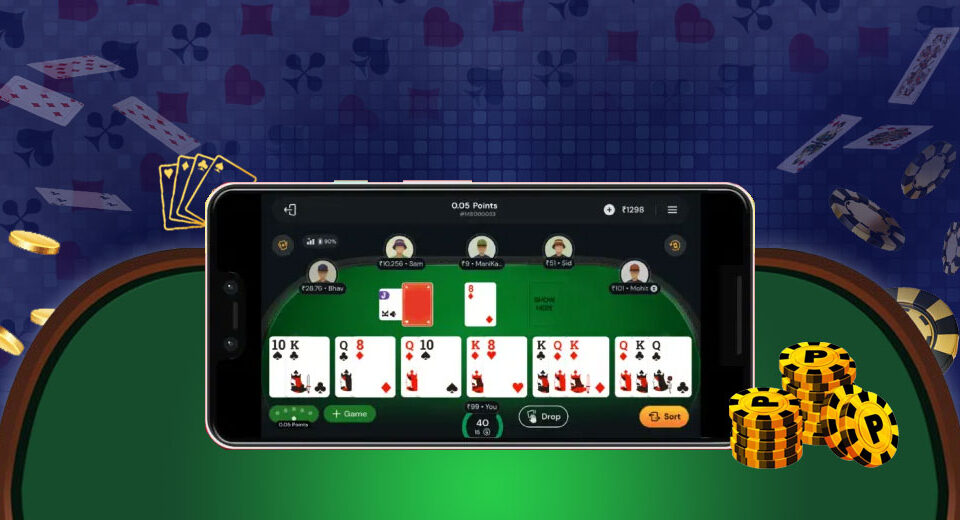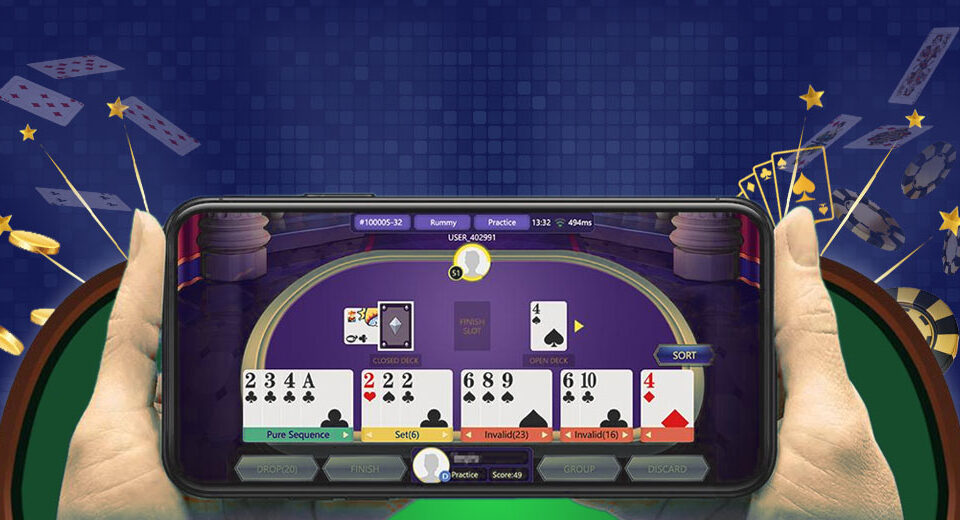Making Smart Discards in Deals Rummy
Every decision in Deals Rummy has long-term implications, but few are as strategically powerful as the art of discarding. Since players receive a fixed number of deals to prove their skill, each discard is an opportunity to control the pace, mislead the opponent, or protect your score. Smart discards aren’t only about getting rid of unusable cards - they are about precision, timing, and psychological play. In Indian rummy online platforms, seasoned players often use discards not just to improve their hand but also to read and manipulate others. Understanding how to use this tool wisely is key to consistent performance.
1. Discard Cards That Are Unlikely to Form Combinations
Start by identifying cards with the lowest probability of forming a set or sequence. These include unmatched high-value cards or those that don’t fit with your current meld plans. Holding onto such cards risks accumulating penalty points if the opponent declares suddenly. In Deals Rummy, where every round affects the final tally, these decisions matter more than ever.
2. Observe the Opponent’s Pickups Before Discarding
Before making a discard, watch closely which cards your opponent picks from the open pile. This tells you what suits or values they are collecting. Avoid discarding cards that could complete their combinations. For example, if your opponent picks a 7♣, don't throw 6♣ or 8♣ unless absolutely necessary. This control prevents them from advancing their hand using your discards in the online rummy game.
3. Use Middle Cards Wisely
Middle-value cards (5, 6, 7, 8) are the backbone of most sequences. If they don’t serve your hand, discard them carefully because they are the most useful to others. A better approach is to discard cards that are too far from any combination, like 2♠ or 10♦, which are less flexible unless already part of a developing meld.
4. Early Discard of High-Value Cards if Risk Persists
Discarding high-value cards like K♣ or Q♥ early is a standard strategy if they don’t support any potential sets. However, some players hold them hoping for a quick meld. In Indian rummy card game formats like Deals Rummy, where scores accumulate across deals, it’s often safer to discard these cards in the early turns unless you’re very close to completing a sequence.
5. Use Jokers to Complete, Not Bait
If you’re fortunate to have a joker, use it to complete sets or impure sequences rather than holding it to bait discards from others. Discarding jokers or adjacent cards as a trap is risky in Deals Rummy where score preservation is as critical as hand completion. The goal is not just deception but efficient point reduction.
6. Discard Cards from Suits the Opponent Ignores
When it’s unclear what to discard, look at the suits your opponent avoids picking. If they don’t pick any hearts from the open pile, it's generally safe to discard from that suit. This limits their ability to benefit from your moves, a key technique in higher-level indian rummy rules gameplay.
7. The Bluff Discard
An advanced move is to discard a card that suggests a false strategy. For example, discarding a 4♦ early might suggest you aren’t building a sequence in diamonds, when in fact you are. This can lead your opponent to feed you cards unknowingly. This tactic should be used sparingly but can change the rhythm of the game in Deals Rummy.
8. Prioritise Pure Sequence Support in Discards
Never discard cards that can support a pure sequence unless there’s no possibility of using them. Pure sequences are mandatory to declare, so preserving options for forming one should override most discard strategies. In the long term, avoiding hasty discards that ruin pure sequence opportunities is what separates good players from great ones in Indian rummy online.
Conclusion: Discards aren’t waste - they’re strategic messages that shape your win.
Smart discards in Deals Rummy are not just tactical - they are deeply psychological and situational. Each discarded card should serve a purpose: to reduce risk, mislead the opponent, or strengthen your own progression. By combining observation with forward-thinking and suit-awareness, your discards can become weapons of control rather than mere offloads. In the high-support environment of online rummy game formats like Deals Rummy, strategic discards contribute directly to lasting success. Next time you play, remember - every discard speaks volumes. Let yours speak wisely.




